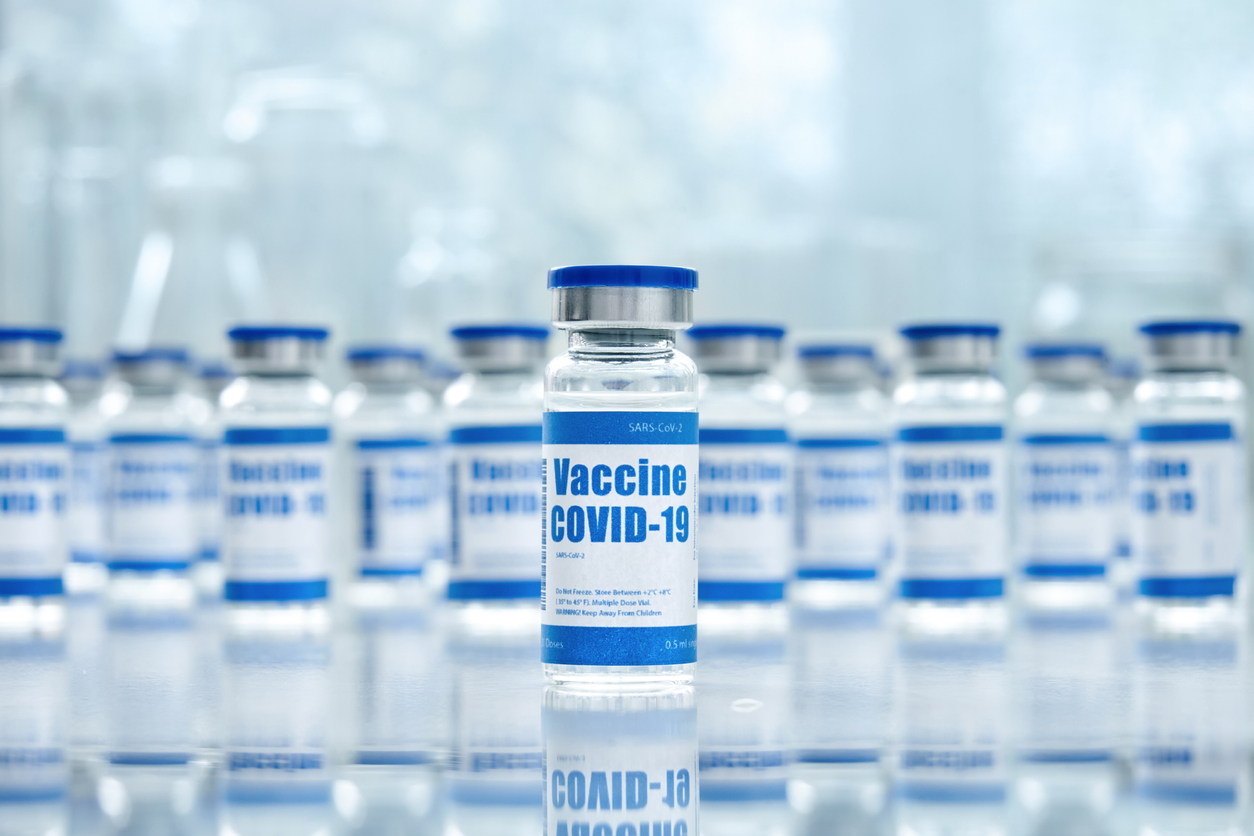AARP Hearing Center

More than 25,000 Prince William County residents are on a waiting list to receive a coronavirus vaccination, but the limited supply of vaccines being provided to the county has slowed efforts to meet the overwhelming demand, the county’s top health official said Wednesday.
The county receives only about 6,000 doses a week of the two coronavirus vaccines approved thus far for use in the United States, said Dr. Alison Ansher, director of the Prince William County Health District. The entire state only gets about 105,000 doses a week. As a result of the high demand, the county has temporarily suspended making appointments beyond Feb. 14.
In a Zoom conference call sponsored by AARP Virginia, Ansher said that even though new appointments are not being scheduled, residents who meet the current eligibility requirements should contact the district through its website - www.vdh.virginia.gov/prince-william - or call center (703) 872-7759 or Covid Hotline (877) 275-8343. Several people on the call said that the hotline’s mailbox was already full. Ansher said she would take steps to increase the center’s capacity.
Currently, the Prince William Health District is using Beacon Hall at George Mason University as a vaccine center. A limited number of vaccines are also being provided to Bull Run Family Practice, Novant Health, Sentara Primary Care, Gainesville Pharmacy and Kaiser Permanente, plus a handful of independent health care providers, Ansher said.
Eventually, the district hopes to be able to provide the vaccines through pharmacies such as CVS and Walgreens as well as grocery story pharmacies at Safeway, Giant and Walmart. It also hopes to make the vaccines available through primary care and other physicians.
First doses of the Moderna and Pfizer vaccines are being given to residents in several categories including: health care providers and those working in health care facilities, emergency medical service personnel, residents of congregate living facilities such as homeless shelters and correctional facilities, nursing homes and assisted living facilities and individuals over 65 and those between 16 and 64 with certain medical conditions.
The health district is currently shifting its registration system to better streamline the sign-up and notification process, Ansher said. People who registered under a variety of other systems are being shifted to the new system, she said.
With the new system, people will receive an appointment for their second vaccination when they get their first shot.
While first-dose vaccines are limited, Ansher said the district should have an adequate supply of vaccines necessary for the required second dose. The second dose of the Moderna vaccine should be given between 28 and 42 days after the first vaccination; the second Pfizer vaccine should be given 21 days after the first.
If people miss the deadline, they should attempt to get a second dose as soon as possible and do not need to start the regimen again. People who have had the first dose and have not been contacted for the second dose should contact the health district a few days before their second dose is required.
While both the Moderna and Pfizer vaccines are considered 95 percent effective in preventing people from contracting the virus, Ansher said people should continue to observe the safety protocols of wearing a mask, keeping social distancing, and frequent hand-washing even after they have been vaccinated.
“There is still a lot unknown about the virus, about the vaccine,” Ansher said. It is not known if the vaccine will prevent the spread of the virus. Its also not known for how long the vaccine is effective—will people need to be vaccinated annually, as with the flu vaccine, or will it last longer?
“The Covid vaccine is not a panacea, it’s a tool,” Ansher said. “It’s an important tool, but it doesn’t mean life right away will go back to normal.”
Although most people should get vaccinated, Ansher warned that there are some potential side effects, most of them minor. Soreness and redness near the injection site sometimes occur, as does mild flu-like symptoms lasting about a day. In some cases, people have had an anaphylaxis response requiring medical attention, but there have not been any deaths as a result of vaccinations, she said. People should be monitored for 15 to 30 minutes after a vaccination, depending on whether they have had allergic reactions to other types of drugs.
Volunteers are needed to help provide the vaccines as well as do other functions such as helping in the call centers and serving as greeters and registers at vaccination centers. People interested in volunteering, should go to the Prince William Medical Reserve Corp website at www.vdh.virginia.gov/princewilliammrc/.
Ansher urged residents to be patient. “We know how desperately people want to be vaccinated,” she said. “Yes, there is light at the end of the tunnel, but let’s make sure we’re careful so we can all get there together.”































































